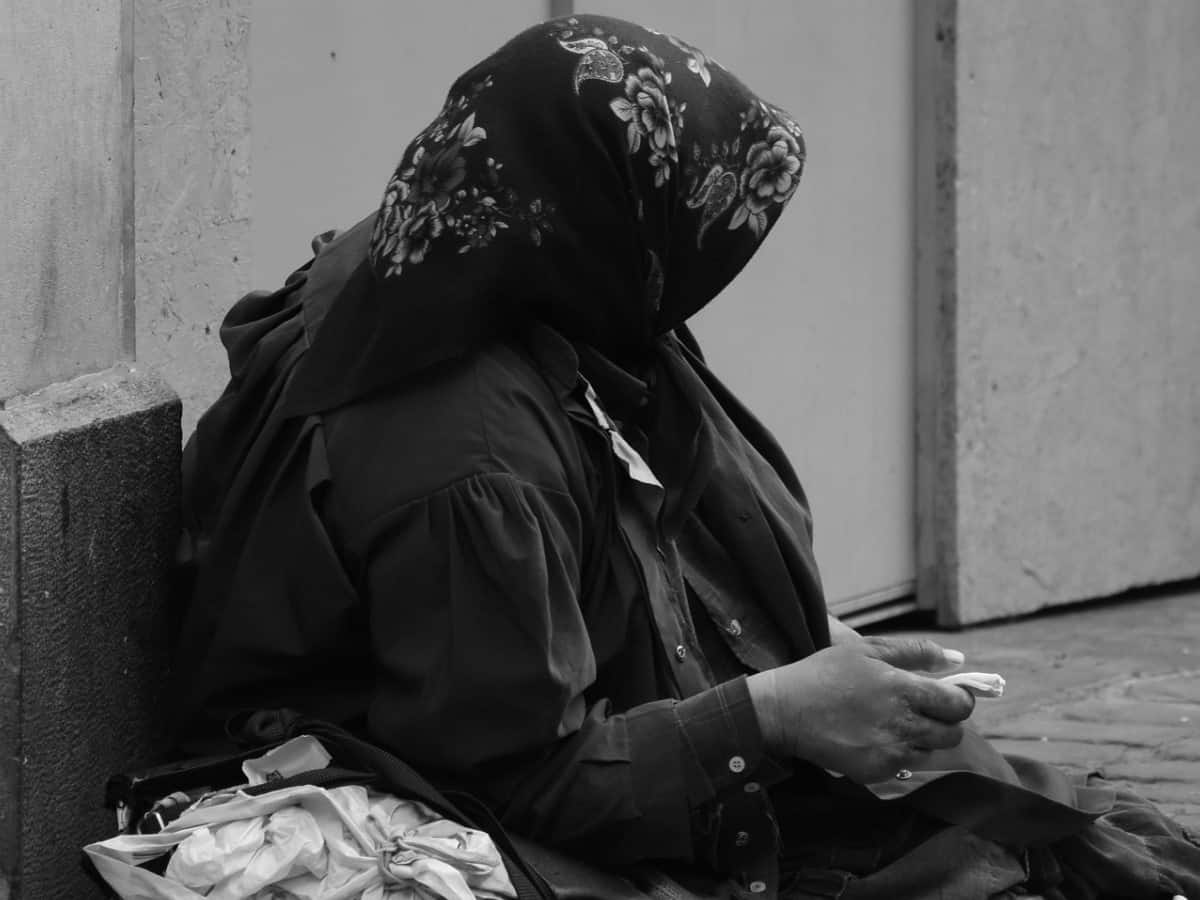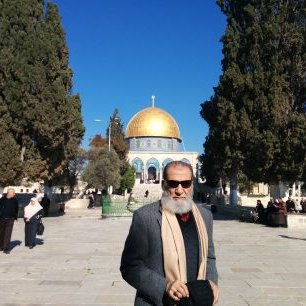

The hand that gives at times turns out to be poorer than the hand that takes. Unbelievable one may say, however, international media and several economic reports say that there are beggars who have more money and assets than the donors.
India’s’ richest beggar, Bharat Jain, according to reports towers comfortably over the Forbes listed Mukesh Ambani, begging for about 8 to 10 hours a day earning Inr2,500. There is a posse of such beggar millionaires spread over the globe.
Hyderabad, the capital of the southern state of Telangana touted often as the City of Nawabs true to the cliché has the reputation of being the most generous of cities in India when it comes to giving alms, an Eldorado for the mendicants, moochers, and the panhandlers. The city’s mosques on Fridays are swamped with beggars, just as other places of worship are. Again, reports and NGOs say that the average earning of beggars in India could be around Rs 1500/ to 1000/ a day but in most cases, 80 percent goes to the mafia that collars these mendicants. Press reports say the city has over 30,000 beggars including several hundred child beggars and the ‘Friday only beggars. The all-India census of 2018 has recorded a total number of 4,13,670 beggars of which 1,91,997 are females. And Mamta’s West Bengal has the largest 81,224 beggars.
During the Covid-19 pandemic shut down restricting many social and religious activities, it was reported that beggars and mendicants also suffered along with others. Press reports said that among the migrant workers from neighboring states who would come to Hyderabad during Ramadan to work at the kilns of a popular Ramadan delicacy,’ Haleem’, beggars trickling into the state also suffered.
Ramadan is a month when the faithful doing the devotional commitment of avoiding food from dawn to dusk are also called upon to be generous and untie their purse strings helping the poor and needy. It is a month when the faithful turn more generous than normal with the spirit of sharing and caring.
However, this noble gesture is exploited by the unscrupulous scammers wanting to make a fast buck in an organized manner by poaching on the genuinely deserving by feigning physical deformities and pretentions and all sorts of heartstring touching pleas, tales, and stories of hardships and tragedies. As the unsuspecting donors, overwhelming pietisticness makes him easy prey to such conning mendicants and beggars.
The faithful are caught in a dilemma to give or not to give as identifying the real destitute and the fakes. According to Islamic scholars the Prophet by his actions ( traditions) had apparently established the marker between, Therefor drive not the beggar with disdain, (Quran 93-10) and, Charity is for the Fuqhra (poor) who in Allah cause are restricted from travel and cannot move about in the land (for trade and work) The one who knows them not, thinks that they are rich because of their modesty, you may know them by their mark, they do not beg of people at all. (Quran 2-273.) the Arabic word IlHaaf literally means to beg with importunity. Imam Tabari in his exegeses and the majority of other Islamic scholars agree that the verse means, they do not beg of people at all. ( Dr. Muhsin Khan and Dr. Taqhiuddin Hilali (The Noble Quran).
Scholars have cited several hadiths where the Prophet had encouraged people to work rather than beg. A hadith quoted by ibn Hajr in Balaghul Marauam says, “a person begs and begs eventually he appears on the day of judgment with no flesh on his face.” Dr. Rashid Naseem Nadvi established Islamic scholar who conducts regular Sunday morning lectures at the KBR Park on Quran, chapter by chapter adds that the above hadith is for fake beggars invoking the name of Allah. In another hadith, a man came to the Prophet seeking alms. He was asked what possessions he has and when told he had only a bowl made of some metal. The Prophet asked one of his companions to sell it in the market and buy an axe with the money which was then given to the man who was asked to go to the jungle and cut wood to sell, adding that the hand that gives is better than the one that takes. Apparently indicating humiliation associated with mendicancy.
In another instance the seeker was helped with alms apparently there must have been a noticeable difference between the two.
Scholars also say that those begging at mosques and other public places, particularly on Fridays with emotional narratives of tragedies, calamities are not really of the needy. Sheikh Saleh al Munjanid known for his Islamic Q&A site argues that are signs that mark the pretender for the real needy. Generally, there are those who feel ashamed and humiliated to ask compared to those who stage all kinds of dramas. And asking for medical proof from those seeking alms for medical treatment is not wrong.
Often the alms giver do away with this very critical aspect of society’s contribution to eradicate this humiliating practice from the community by not showing discretion in executing this religious obligation accordingly. But seem to dispense with as a burden, not bothering to make an effort that money does not go into the bowls of the fake but to those with genuine needs.
Amazingly there is one city that is beggar free, the city of Tabriz in northwestern Iran according to reports in Financial Tribune. Not that there are no poor or needy in the city, but the people there have built strong and efficiently functioning corporations to manage and control begging. An NGO called Mostmandan( the poor) was set up in 1973 under the motto of saying of Hazrath Ali the son-in-law of the Prophet and fourth of the guided Caliphs, “ Do not desist from promoting good deeds. Mostmandan volunteers scan the city to keep on the tab on beggars and if found are immediately provided assistance after checking their credentials. Interesting the Chinese match their penchant for electronics by providing beggars in various cities and towns with barcoded begging bowls and E-wallets where donors can transfer charity electronically.
Come the holy month of Ramadan and it is a big-time business in the Muslim world involving syndicates and gangs of extortionists who hire the lame, the physically handicapped, old men and women, and often children to beg at mosques, and public places. Such panhandling has been dubbed “beggar tourism”
The oil-rich GCC countries and their citizens have generosity in giving issue religious edicts to discourage begging mostly indulged in by expatriates who visit these oil-rich nations in Ramadan for the sole purpose of begging beseeching people for money. During the first week of the month, Saudi authorities reported apprehending a beggar in possession of 117,000 Riyals ( 31,000 US $) in various currencies of the Arab Gulf, and in the UAE, police caught a beggar with Ds 40,000/ (11,000. the US $) on him. The GCC countries for more than a decade have banned begging especially during Ramadan and instead have taken several measures to provide help to the needy, mostly expatriates. In India, there is no federal law banning begging. The courts have disallowed petitions filed to ban beggary. However, about 20 or so states adopt the Bombay prevention of begging act 1959.
In Telangana, efforts are underway to make many towns and the city of Hyderabad beggar free enforcing the Begging act 1977, across the state with help from local police and GHMC.

